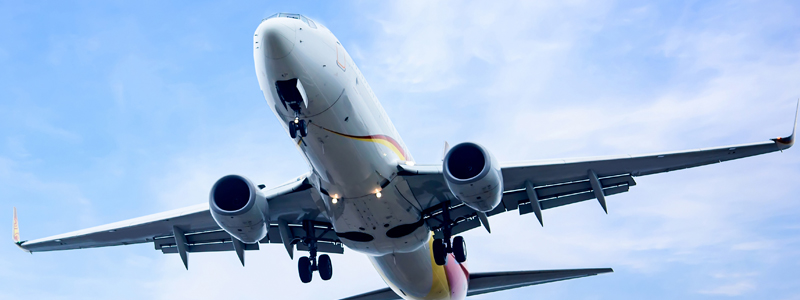BY: SAMANTHA BARTLETT, DVM
The Department of Transportation (DOT) is changing rules regarding flying with emotional support animals. The Air Carrier Access Act will be revised to define a service animal as “a dog that is individually trained to do work or perform tasks for the benefit of a person with a disability.” This would exclude emotional support animals under the heading of service animal. This change in the wording of the act allows air carriers to ban emotional support animals if they choose. Individual airlines will set their own policies but they must conform to DOT rules once they are officially published.
Pervious guidance issued last year from the DOT established that airlines could not restrict passengers from flying with their emotional support animals. DOT also stated that airlines could not ban specific breeds or species of support animals. The new rules will still prohibit airlines from refusing service dogs based on breed.
Under the new guidance, airlines will be allowed to require passengers flying with service animals to fill out a form up to 48 hours before travel and they will also be allowed to require the service animal to fit in the passenger’s foot space.
The DOT received 15,000 public comments on the policy proposal earlier this year. Disability advocates and airline personnel are in favor of the rule change. Flight attendants have been pushing for revision to reduce the risk to flight personnel. Airlines for America found that more than a million people flew with emotional support animals on U.S. airlines in 2018.
American, Delta, United, JetBlue, Spirit, Alaska and Frontier airlines have said they will no longer allow emotional support animals to fly in the cabin. Animals considered to be comfort or emotional support, including dogs, ducks, rabbits and others, will no longer be allowed to fly for free or without being in a carrier. For now, Southwest Airlines has not changed its policies and will still allow emotional support animals with appropriate documentation.
Travelers will fill out a DOT form stating the dog’s health, training and behavior at least 48 hours before flying. The form does ask for contact information of the person or organization that trained the dog. The DOT rule does not require service animals to be trained by a third party, meaning an owner can train his own dog to perform a task or function for him. Passengers must also acknowledge that if they knowingly provide false information they can be prosecuted. IF the dog shows behavior not consistent with the training of a service animal, the airline can consider the dog can be treated as a pet and the owner can then be charged accordingly.











